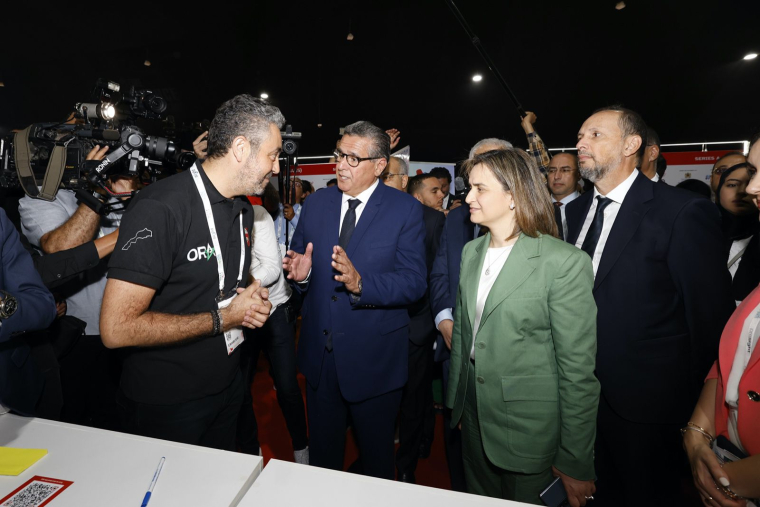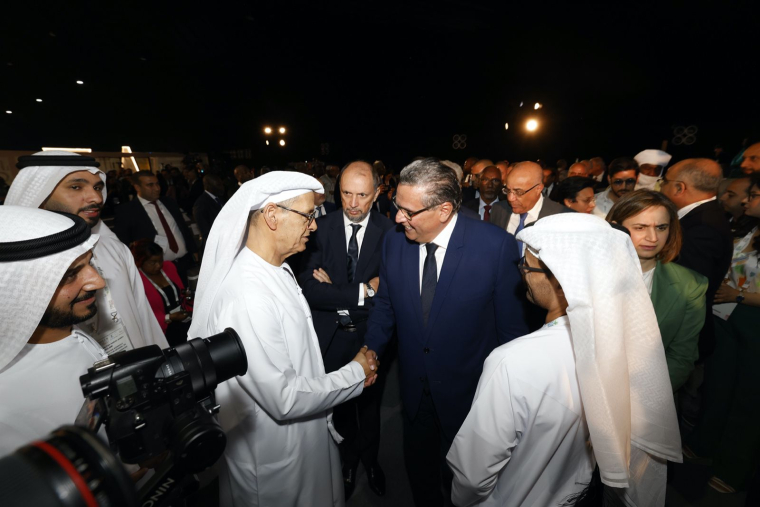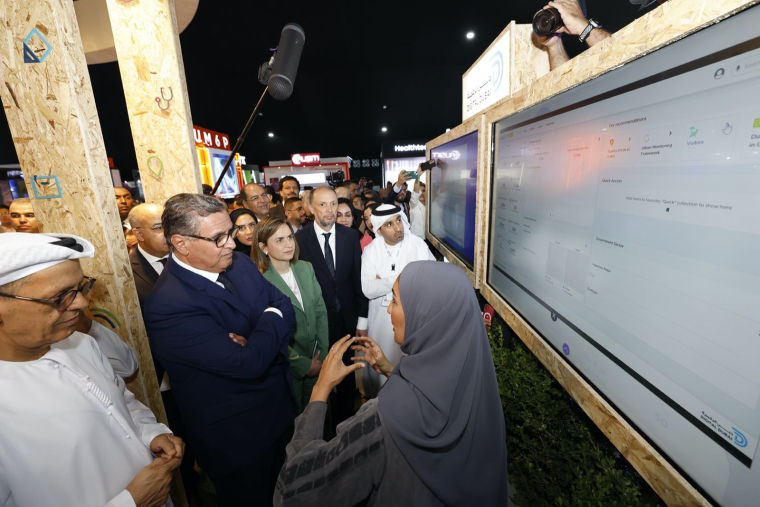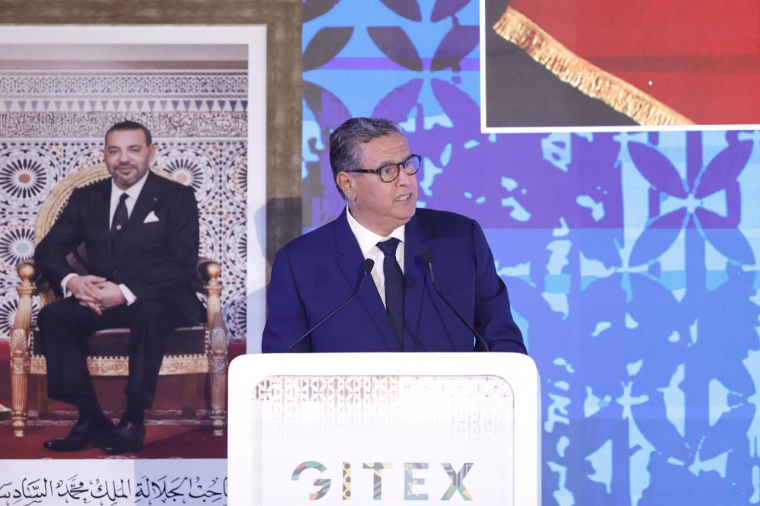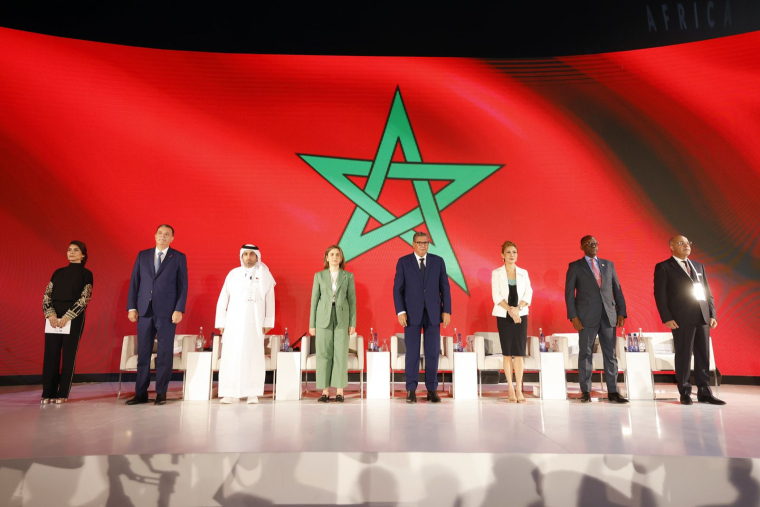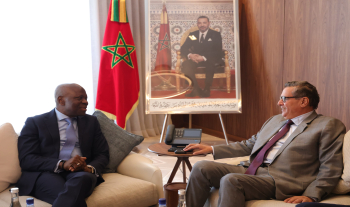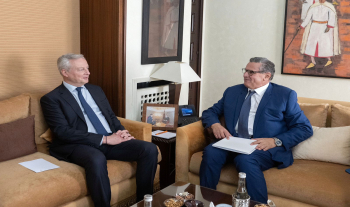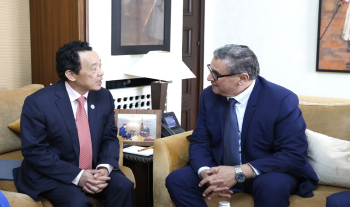Morocco's Digital Strategy 2030 To Be Launched Soon (Head of Head of Government, Aziz Akhannouch)
The Moroccan Digital Strategy 2030, developed by the government, will be launched in the coming weeks, announced Wednesday in Marrakech, the Head of Government, Aziz Akhannouch.
"This strategy is the outcome of intense synergy and collaboration between the various stakeholders in the public and private sectors," said Akhannouch, speaking at the opening of Gitex Africa 2024, adding that the government places the digital transition at the top of its priorities.
The Maroc digital 2030 strategy is based on two major axes: the first focuses on the digitalization of public services, while the second is designed to give new impetus to the digital economy, "to develop Moroccan digital solutions and create added value and jobs," he explained.
According to Akhannouch, "the main challenge in supporting the implementation of this strategy is to train young talent and skills, both qualitatively and quantitatively." To achieve this objective, the Kingdom signed an agreement in 2023 to triple the number of graduates in the field of digitalization by 2027, he recalled.
Morocco also signed several agreements with leading multinational companies in the fields of information technology, research, and development in order to accelerate the digital transition and consolidate local human capacities, the Head of Government pointed out.
"The digital transition is not a technological luxury but an essential lever for consolidating cooperation between African countries, insofar as it offers tangible solutions to the challenges facing the continent, promotes sustainable development, and guarantees an environment conducive to strengthening African integration," he continued.
In this respect, Akhannouch highlighted the far-sighted vision of HM King Mohammed VI to strengthen ties of brotherhood and friendship and exchanges between African countries in a win-win spirit that capitalizes on the continent's promising potential.
The head of Government pointed out that Gitex Africa is an exceptional platform for discussing ways of positioning Africa as a producer and consumer of digital technology.
"Today, the digital transition represents an essential element of cooperation between African countries, contributing, in addition to technological development, to economic, social, and political growth in Africa," he said.
Trade between African countries, which is often hindered by inadequate infrastructure and complex administrative procedures, will benefit considerably from digitalization, the Head of Government said, adding that e-commerce and online payment platforms can simplify commercial operations, reduce costs, and boost efficiency.
Digitalization, as a driver of innovation, favors the development of new concepts and solutions, such as hackathons and digital start-ups, which stimulate entrepreneurship and job creation, he added.
In light of these changes, fintech plays a crucial role in fostering the integration of African financial markets, Mr. Akhannouch said, noting that online payment and e-banking services are helping to achieve greater financial integration, including in rural areas.
Placed under the High Patronage of His Majesty King Mohammed VI, Gitex Africa is attended by over 1,500 exhibitors representing more than 130 countries. The event aims to be a hub for exchanges on the latest technological developments, particularly in the fields of artificial intelligence, healthcare, and cybersecurity.





